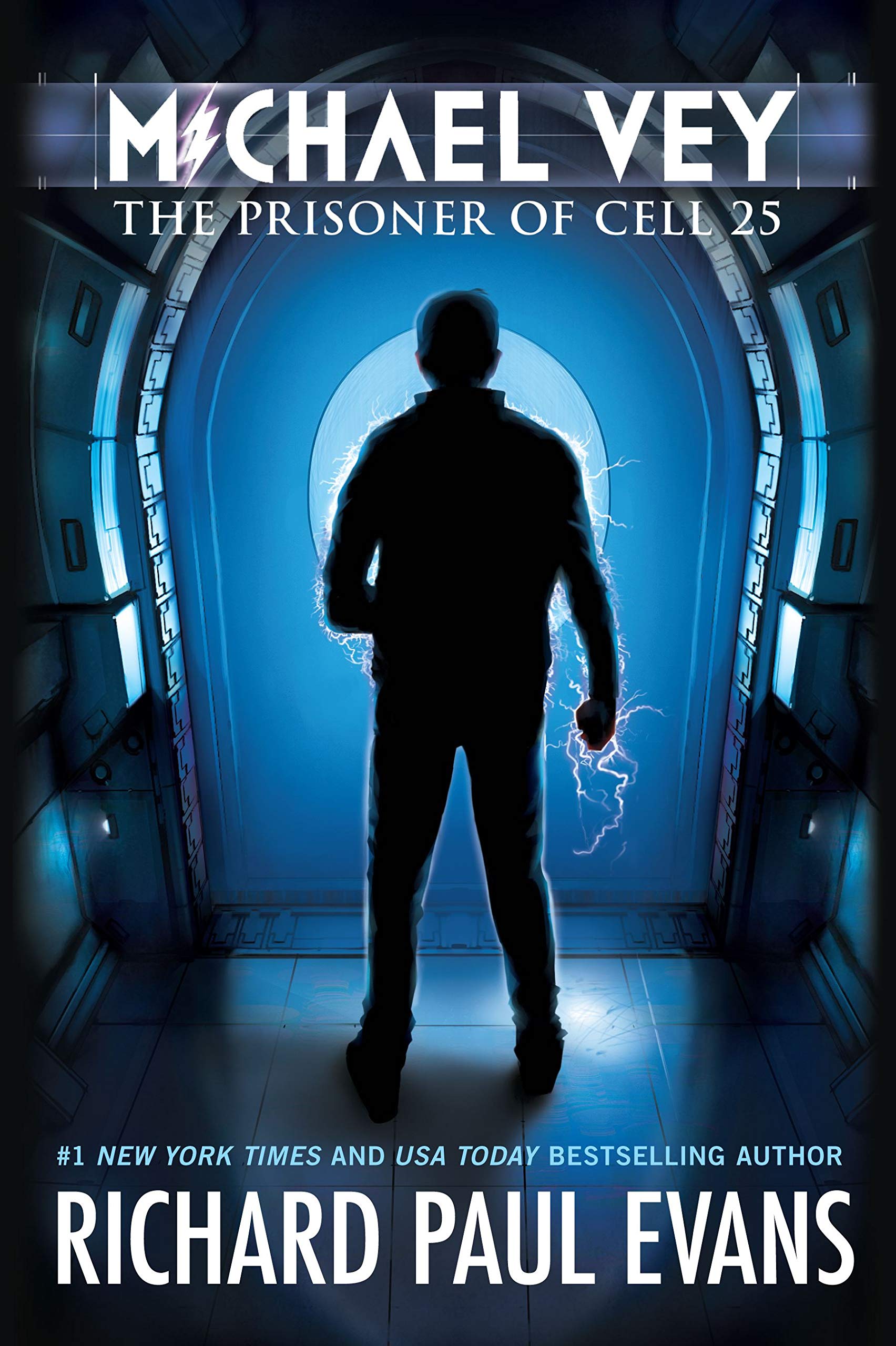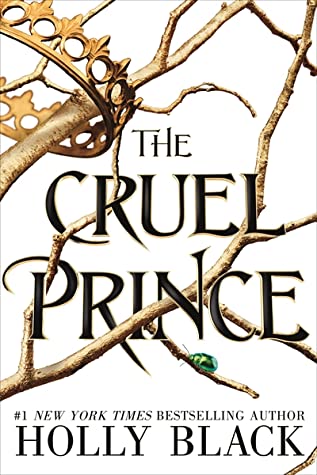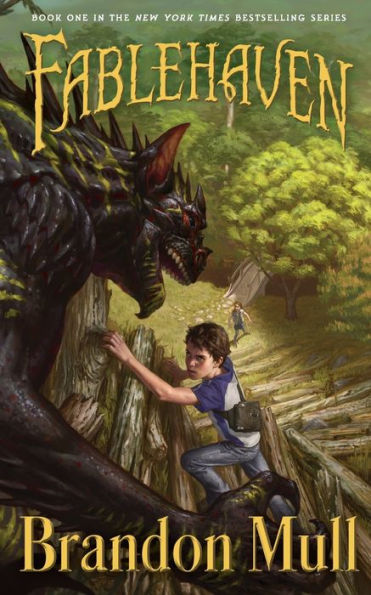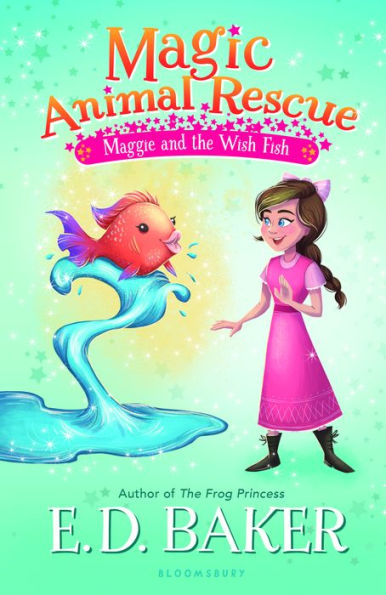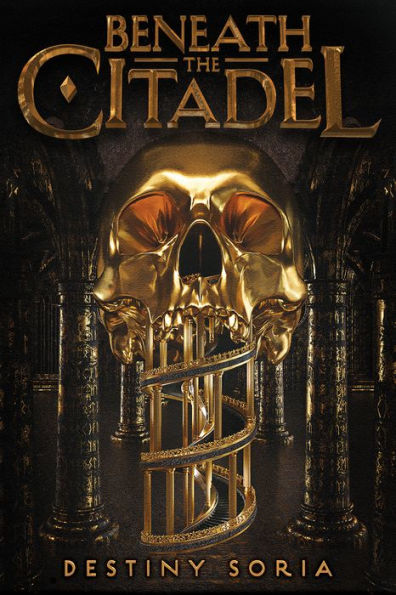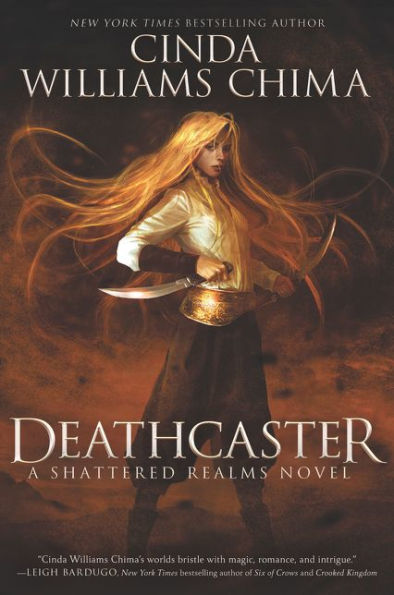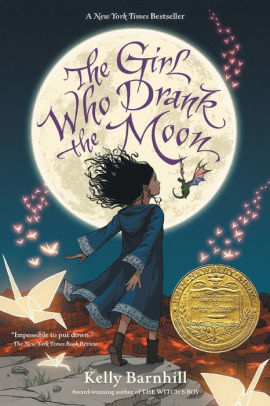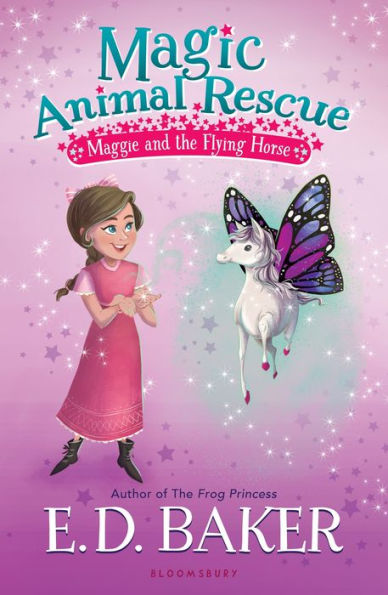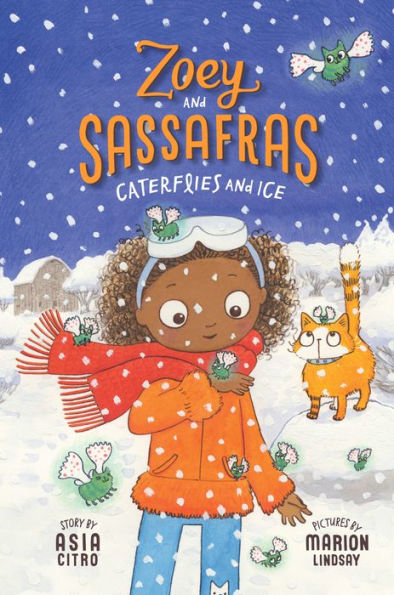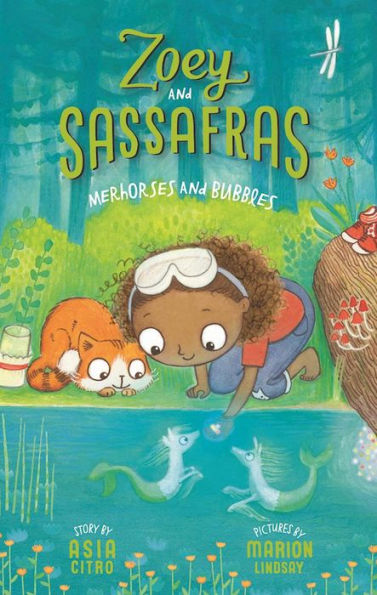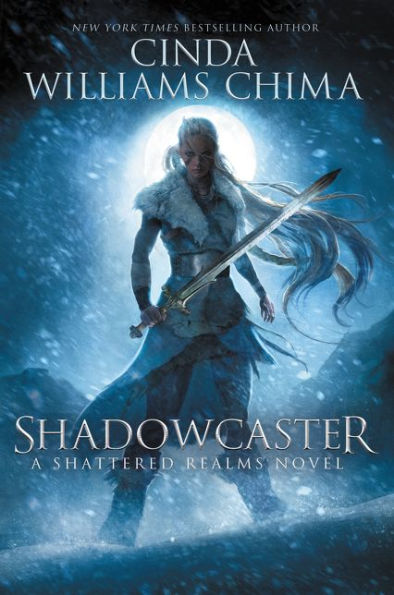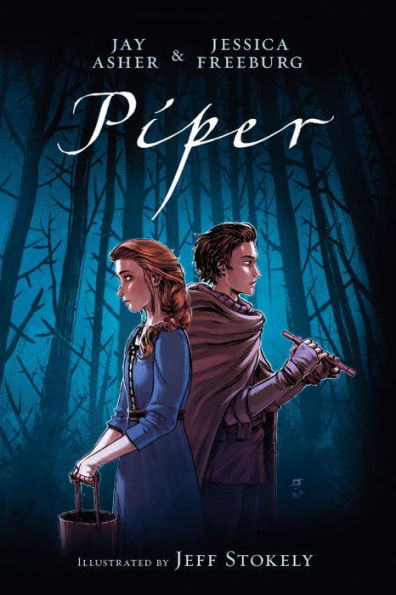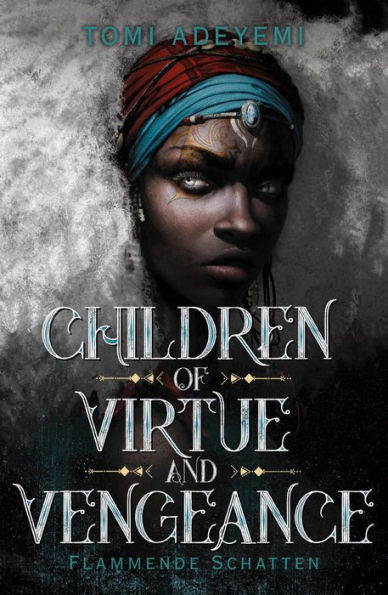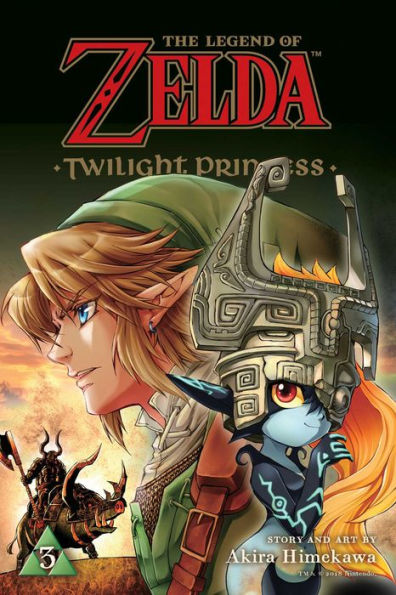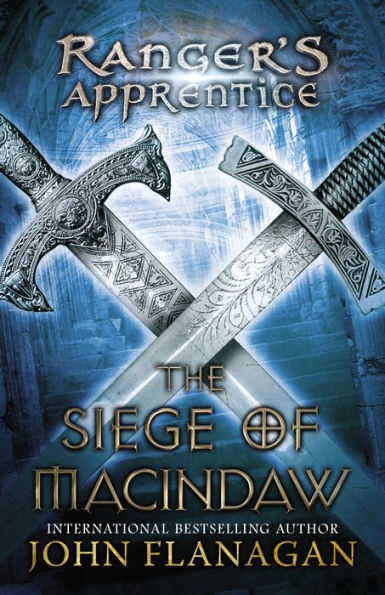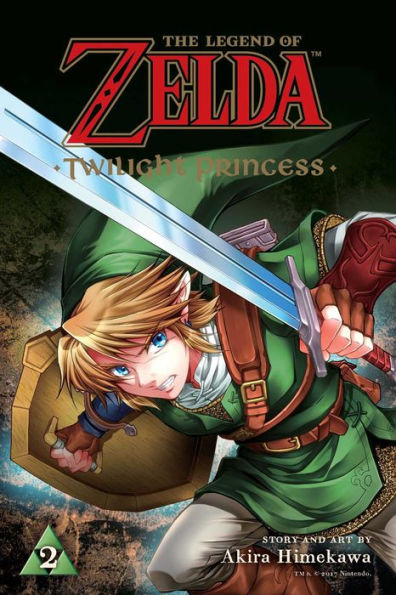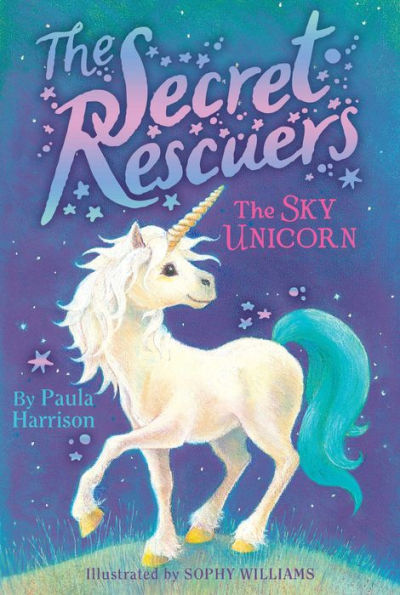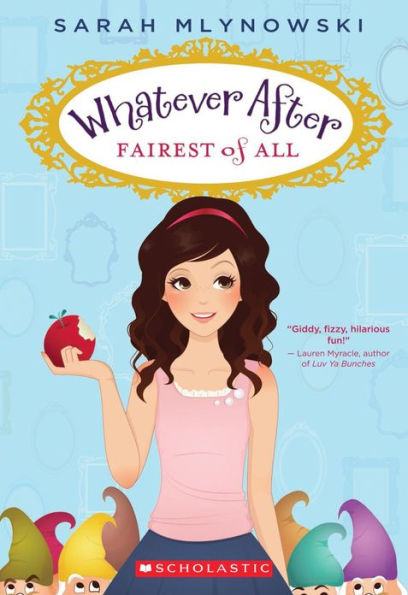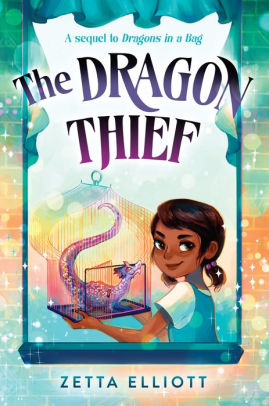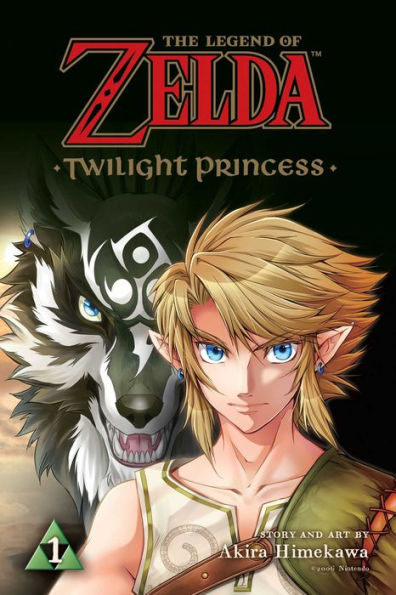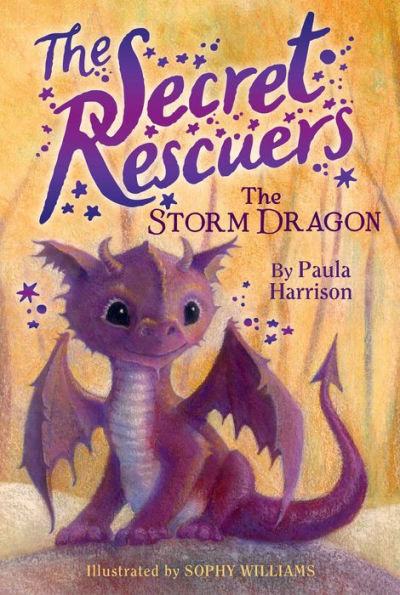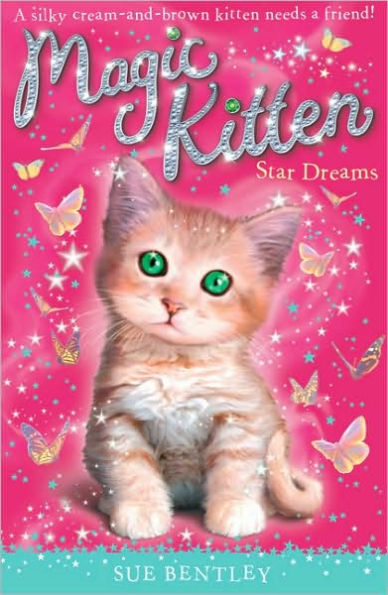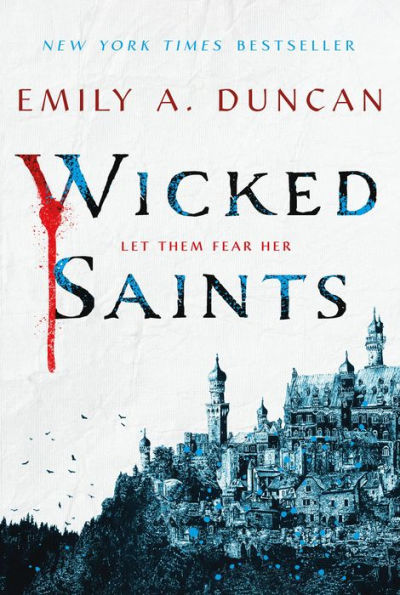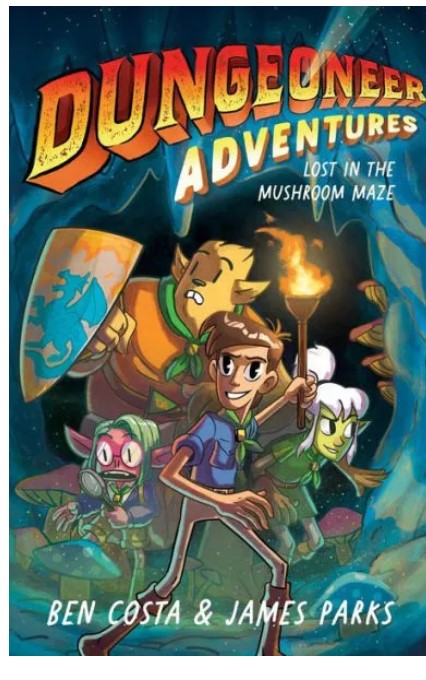Michael Vey is a teenager trying to survive high school in Meridian, Idaho. He has Tourette’s syndrome – except that is not all that complicates his survival. Michael also has a secret: he’s electric.
The only person who knows of his electric powers is his best friend Ostin, and his caring mother, Sharon. His mom attempts to protect Michael and keep his secret safe. But a cheerleader at Meridian High School named Taylor, discovers Michael’s powers after he shocks a bully and his gang. Michael realizes there’s more to the picture when Taylor reveals she has powers of her own—she can read and reset minds based on electrical signals.
Michael and Taylor, with the help of Ostin, set out to learn more about Taylor’s and Michael’s powers. The three friends struggle to keep their secrets safe as they navigate high school life. They band together to form a club, the “Electroclan.” The group sets standards for how and when they should use their powers. However, the search for the origin of their abilities entangles the group in a fight for their lives. A mysterious organization called the “Elgen” kidnap Taylor and hold Michael’s mother hostage. In order to rescue them, Michael teams up with Ostin and his ex-bullies from the Elgen’s academy (which is really a laboratory and prison) in Pasadena, California.
The story follows Michael and the other main characters’ limited perspectives, including the manipulative Dr. Hatch, one of the Elgen. Michael learns more about the evil deeds of the corporation that stole his mother and gave him his powers. Hatch tries to convince Michael and Taylor to join him, although Michael doesn’t agree with Hatch’s desire for global domination. Michael is most concerned with protecting those he loves and keeping himself on the right side of history. Despite the changing perspectives, the story’s plot is easy to follow. The Prisoner of Cell 25 also has a host of interesting side characters and unexpected plot twists.
This coming-of-age story is geared towards late middle schoolers and early high schoolers. While this age group may not relate to having superpowers, the Michael Vey series emphasizes staying true to one’s values and being loyal to one’s friends and family. Temptation, torture, and manipulation from the Elgen, the evil side, are common themes in the story. Michael is constantly pressured to choose differently than what he thinks is right, such as when Dr. Hatch wants him to forget his mother and join his academy. The gravity of these themes can be unsettling because the teens in the story are manipulated by an older and more powerful adult: Dr. Hatch. Michael struggles under the responsibility of his power, but all the characters—including the non-electric ones — show that the ability to choose is the greatest power we have.
Sexual Content
- Ostin thinks Michael’s mom is attractive. He calls her “hot” and “a babe.”
- Taylor is described as very beautiful. Ostin and Michael both think so. At one point, Ostin says, “Taylor’s really a babe. You know she likes you . . . I read this book on body language. And I was watching her body.” Michael says, “Yeah, I bet you were.” Ostin replies, “for scientific purposes.”
- Michael has a crush on Taylor. They begin dating towards the end of the story and share a few quick kisses. Michael describes, “She [Taylor] set down the phone and walked over and took my hand… She leaned forward and kissed me on the lips. Then she wrapped her arms around me and we kissed again.”
Violence
- Because the Elgen are trying to locate Taylor and Michael, there is a bounty placed on them.
- Michael and Ostin are bullied in school by a gang of boys. “It was the second time I’d been locked in my locker by Jack Vranes and his friends that month. This time they put me in upside down and I nearly passed out . . .” The gang also “pantsed” Ostin.
- Michael reveals why he left his previous school: “When I was in sixth grade… a bunch of wrestlers put me in the lunchroom garbage can and rolled me across the cafeteria… It took five minutes before I couldn’t take it anymore and I ‘went off,’ as my mother calls it. I wasn’t as good at controlling it back then, and one of the boys was taken to the hospital.”
- Knowing of Michael’s powers, Ostin suggests that Michael shocks people that pick on him.
- When they suspect Michael of ratting them out, Jack and his gang beat him up. Michael uses his powers to shock them. Michael will frequently use his powers to defend himself from worse threats. The scene is described over four pages. “Jack grabbed me by the hair and pulled my head around… He smacked me again on the nose, which sent a shock of pain through my body. At that moment something snapped… A surge of anger ran through my body so powerful I couldn’t control it. Suddenly a sharp, electric ZAP! pierced the air, like the sound of ice being dropped onto a hot griddle. Electricity flashes and Jack and his posse screamed out as they all fell to their backs and flopped about on the grass like fish on land. I rolled over to my side and wiped the blood from my nose… I stood above Jack, who was frothing at the mouth. ‘I told you to leave me alone. If you ever touch me again, I’ll do worse.’”
- When Ostin uses a multimeter to test the levels of Michael’s electricity, he says Michael produced so much electricity that he “could kill someone.”
- When investigating birth records, the Electroclan discovers that Michael and Taylor’s birthdays coincide with an increased number of infant fatalities at Pasadena General Hospital. Only 17 of 59 children survived. They discover that the incident is related to Elgen.
- While out to dinner with Ostin, Michael and his mom are held at gunpoint by a robber working for the Elgen corporation. Michael shocks him, but it was a test to see his skills. Dr. Hatch – the head of the Elgen’s facility in Pasadena, California – has one of the other 17 electric children, Zeus, shock Michael’s mother. Nichelle, another electric child who is also present, uses her power on Michael to take away his electricity.
- Nichelle, one of the electric children, takes pleasure in hurting other people with her powers and frequently does so, even when she’s not under orders by Dr. Hatch. She tortures Michael upon first meeting him: “As the girl neared me I started to feel different… With each step the girl took toward me, my dizziness increased. Then my head began to pound like a bass drum.” She tortures many of the electric children, remarking once of Michael that she “almost killed him.”
- Dr. Hatch’s elaborate schemes often involve the forced participation of the electric children. He tries to get Taylor and Michael on board by separating them from their families and bribing them to join him. He has a twisted view of reality. When talking about the babies that died, he says, “Accidents are the price of civilization. Blood oils social progress. Sure, it was awful, but was it worth it? Believe me, it was.”
- Tara, Taylor’s twin sister, can produce fear and reset brain signals. She also uses her powers to torture others because she is loyal to Dr. Hatch, such as making people think snakes are crawling on them. This isn’t described by any of the characters until Michael is in Cell 25.
- It is implied that the Elgen brought down an airplane, killing the passengers.
- Dr. Hatch “broke” Tanner, one of the electric children. Hatch tortured Tanner’s little brother in front of him. Hatch says, “The first time I told him to take down a 747 he refused. Until we let him see his little brother getting nearly electrocuted by one of your peers. It only took ten minutes of his screams before he was quite eager to help out.” It is also implied that they killed another girl’s adopted family in an electrical fire.
- Dr. Hatch pressures Taylor into using her powers to “reboot” people. Rebooting is Taylor’s word for making someone forget what they are doing. Hatch makes her do this to a singer at a concert, making the singer forget her lyrics. Taylor learns that Hatch often forces the students to demonstrate their powers as a test of their loyalty to him.
- Dr. Hatch punishes the children if they lash out and use their powers on others, such as when Zeus shocks someone at the concert. “Bolts of electricity shot out from Zeus’s fingers. The man cried out and dropped to the ground like a bag of concrete.”
- Later, Dr. Hatch tries to make Taylor reboot a motorcycle driver, but she refuses because he could crash and die. Instead, Tara reboots the man for her. Taylor argues, “’He asked me to kill someone.’ ‘So what?’ Tara replies. . . ‘They’re just people!’”
- When Taylor refuses to reboot a man, Nichelle tortures her as punishment. Hatch says, “’You have no idea what hurt is. But you will. Nichelle, Miss Ridley needs a little lesson in gratitude—about an hour’s worth to begin with. Oblige me.’ A sadistic smile lit up Nichelle’s face. ‘I’d be happy to.’ Nichelle stepped inside the darkroom and Hatch shut the door behind the girls. He could hear Taylor’s screams even before he reached the other end of the corridor.”
- Jack and Wade, Michael’s former bullies, agree to drive him and Ostin to Pasadena. Because they formerly did not get along, name-calling and threats are common. Michael learns from Jack about Wade’s upbringing. Wade’s “parents were alcoholics. His old man used to beat the tar out of him until the state took him away. He lived with foster parents until they put him with his grandma, but she doesn’t really want him. She’s not shy about telling him either.”
- After breaking into the academy, Hatch imprisons Michael. Nichelle uses her power to force Michael into submission. When Michael lunges at Hatch, Nichelle protects the doctor by using her powers against Michael, “Pain seared through my entire body, buckling my knees. I fell to the ground screaming.”
- Hatch tells Michael that he killed his own father by stopping his heart.
- Hatch often threatens to use violence because he will use any means necessary to get Michael on his side, including harming Michael’s mother, who they still have imprisoned. Hatch also wants Michael to shock a GP—the name the academy gives to their human guinea pigs, who are kept with shockable collars that don’t allow them to speak.
- Hatch imprisons Michael in Cell 25, which is supposed to be a form of torture. Later, the reader learns that it is a special type of solitary confinement in which Tara creates fear. Michael stays in Cell 25 for twenty-six days, which is described in a short chapter. “I was suddenly filled with fear like I had never felt before. Something evil was crawling around in the cell… Something frightening beyond words.”
- After, Michael is still defiant, so Hatch orders Zeus to kill Ostin and Taylor in front of him. However, Michael distracts Zeus and escapes with Taylor and Ostin.
- The group of electric children that aren’t loyal to Hatch attempt to escape the academy. The kids use their powers to knock out the guards. The non-electric kids often fight with their fists. “Wade hit first, wrapping his arms around the guard’s legs, while Jack knocked him over. The other inmate grabbed the guard around the neck. The guard was flailing around but had no idea who or what had hit him.” The rest of the fighting is not described in great detail.
- During the escape, Hatch attempts to shoot Michael, but Zeus stops the bullet. “Hatch pulled a revolver from beneath his jacket and pointed it at me. ‘You did this, Vey. Now pay.’ He pulled the trigger. As the gun erupted, lightning flashed across the room and hit the bullet inches in front of me, blowing it into nothing.”
- The final confrontation is between Michael and Nichelle. He stops her by surging with all he has, which hurts her: “’Stop it!’ Nichelle screamed again, then began convulsing as if she were having a seizure… [She] fell to her knees in agony.” He stops when she’s unconscious.
Drugs and Alcohol
- Jack, Michael’s former bully turned ally, is seen smoking a few times.
- When Taylor is kidnapped, she “felt as if she’d been drugged.”
- Jack’s brother is in prison due to a gunfight over drug money. He tells Michael, “He got really messed up on drugs. He and a guy were stealing snowmobiles to get money for drugs when the owner came out. The guy with [Jack’s brother] had a gun and he shot the man. My brother didn’t even know that he had a gun, but the way the laws are, he’s also guilty.”
- Wade’s parents were alcoholics.
Language
- Name-calling is frequent, both affectionately and for bullying purposes. Insults include spawn, stupid, wimp, freak, and idiot.
- Michael is sometimes made fun of for having Tourette’s. Jack calls him “blinky boy.”
- Ostin is made fun of for his weight. He’s called “doughboy.”
- Sometimes insults are created to reference powers of the electrical children. For example, Michael is called “glow worm” because the electric children glow in the dark. Ian is called “bat boy” because he uses electrolocation to see, similar to how bats use echolocation.
Supernatural
- The seventeen electric children have electric-based powers and have a faint glow in the dark. Michael can “shock,” “pulse,” and “surge” electricity.
- Taylor can “reboot” people by resetting electrical brain signals.
- Nichelle can cause pain and take away electricity. She calls herself an “electrical vampire.”
- Zeus can shock others with lightning bolts.
- Tara can induce fear and other emotions.
- Bryan can burn through objects.
- Kylee is similar to a magnet since she can bring metal objects to her and stick to metal surfaces.
- Mckenna can make light and heat.
- Abi can take away pain due to stimulating nerve endings.
- Tanner can interfere with electrical signals, often with aircraft.
- Ian, who is blind, uses electrolocation to see.
- Grace works like a computer and can import electric data files into her memory.
Spiritual Content
- Hatch remarks that fate favored him. He says, “we never dreamed that we’d be so fortunate that she’d [Taylor] lead us to you. In this matter, fate was truly generous.”
- Michael thinks, “Fate sucks.”
by Madison Shooter
